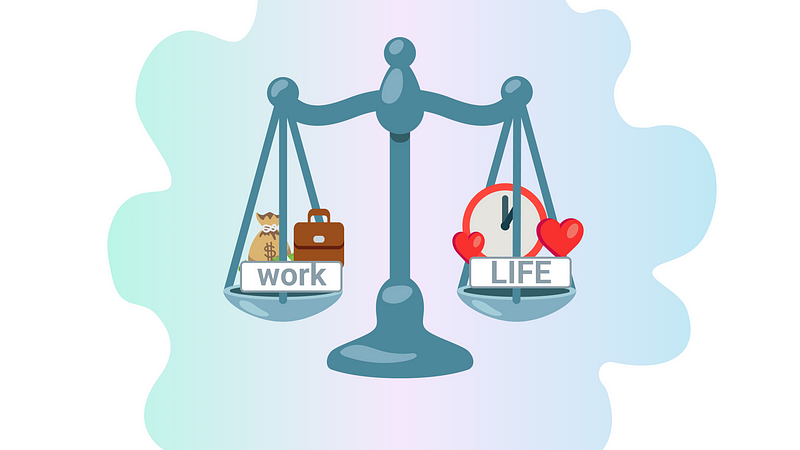⚖️Balancing Act: The Blueprint for Work-Life Harmony❤️

In the modern landscape of work, where the boundaries between professional life and personal life are increasingly blurred, achieving a work-life balance can seem like a daunting task. It’s not just about doing what you love and magically finding balance, especially when work can easily spill over into our personal lives. In this journey to mastering the work-life balance, I’ll share practical strategies that have helped me create clear boundaries and find happiness and clarity in both worlds.
1. Craft Your Mastery: The Power of Skill in Work-Life Balance
It all starts with being good at what you do. When you excel in your role, you gain a deeper understanding of your tasks. This, in turn, allows you to estimate your workload better, leading to effective planning of your workday.
2. To-Do Lists: The Organizational Game-Changer
Begin your workday by creating a to-do list. This simple practice provides clarity on what needs to be accomplished and how much time you should allocate to each task. By doing this, you set the stage for a productive day.
3. Setting the Office Clock: Punctuality Matters
Punctuality is key. By adhering to your office hours, you not only set a clear expectation for your colleagues but also for yourself. Your commitment to a consistent schedule makes it less likely for others to impose additional, unnecessary demands on your time.
4. Sustainable Success: Avoiding Overwork
Resist the temptation to overwork merely to show others that you’re a high achiever. While short-term bursts of effort can yield results, it’s not a sustainable strategy. Over time, you’ll become exhausted and slow down, leading to frustration and burnout. Instead, focus on setting realistic goals and performing at your peak consistently.
5. Efficiency through Delegation
As someone who’s self-taught and eager to master new skills, I used to believe I could handle everything on my own. However, I eventually realized that there are tasks that others can do more efficiently. Delegate and outsource when possible, allowing you to concentrate on your core responsibilities and perform at your best.
My journey to work-life balance wasn’t without its challenges, but these principles have helped me maintain equilibrium in a demanding field like IT. By excelling in your work, organizing your day, adhering to a set schedule, avoiding overwork, and delegating tasks, you can achieve the elusive balance that many strive for.
Remember, work-life balance isn’t just about allocating time; it’s about preserving your well-being, relationships, and mental health. In the end, it’s not about impressing others but about leading a fulfilling life where your career complements your personal aspirations, allowing you to find happiness and clarity in both.




